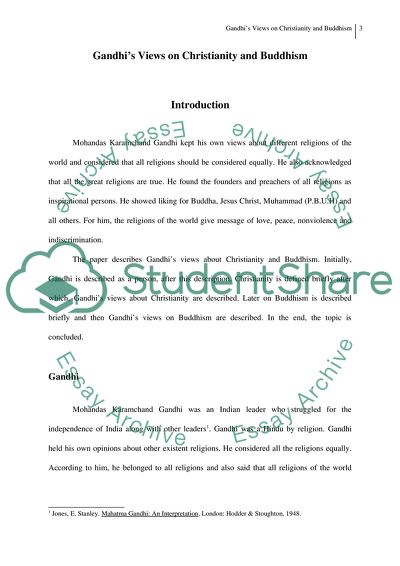Cite this document
(Gandhis Views on Christianity and Buddhism Coursework, n.d.)
Gandhis Views on Christianity and Buddhism Coursework. https://studentshare.org/religion-and-theology/1718367-christianity-and-buddhism
Gandhis Views on Christianity and Buddhism Coursework. https://studentshare.org/religion-and-theology/1718367-christianity-and-buddhism
(Gandhis Views on Christianity and Buddhism Coursework)
Gandhis Views on Christianity and Buddhism Coursework. https://studentshare.org/religion-and-theology/1718367-christianity-and-buddhism.
Gandhis Views on Christianity and Buddhism Coursework. https://studentshare.org/religion-and-theology/1718367-christianity-and-buddhism.
“Gandhis Views on Christianity and Buddhism Coursework”. https://studentshare.org/religion-and-theology/1718367-christianity-and-buddhism.


